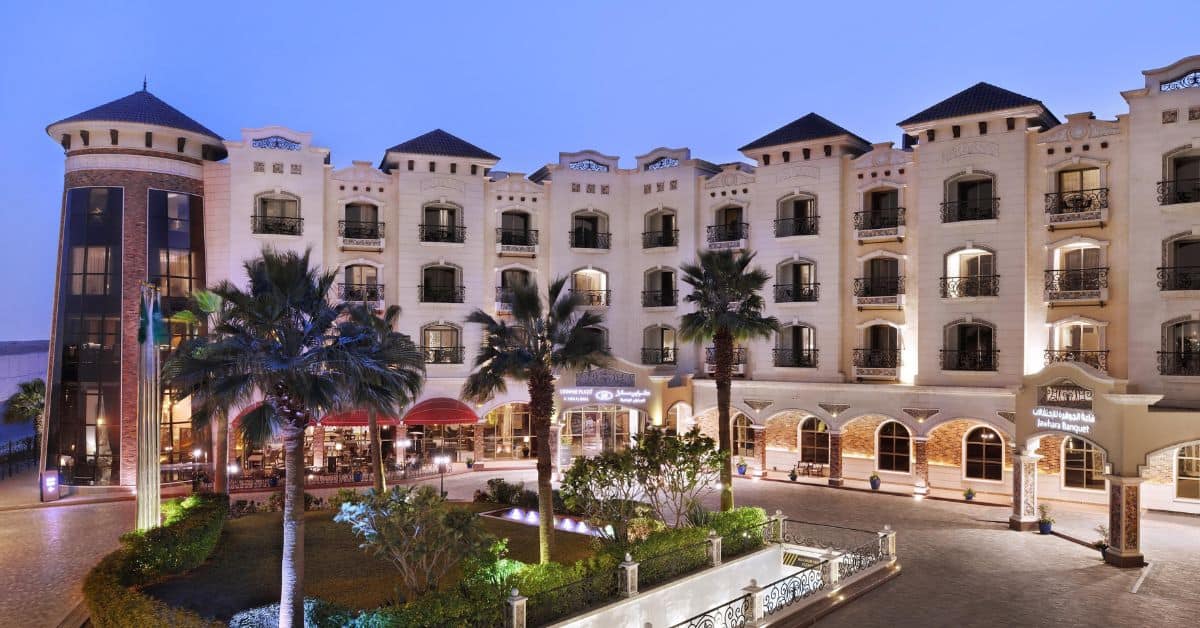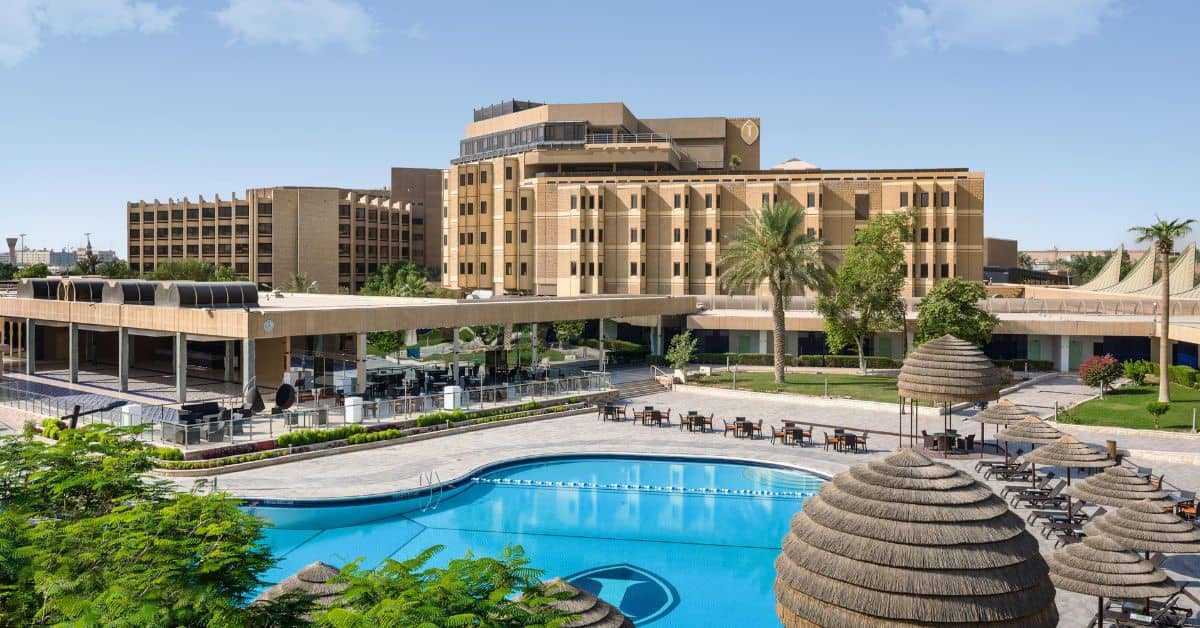Riyadh, Saudi Arabia – Hotel occupancy rates in Riyadh had hit 72.3 percent in October 2022, the highest monthly total since March. The current supply of hotel rooms in Riyadh will increase 10-fold in the next eight years as the Kingdom’s economy continues to expand rapidly, based on a report by STR company.
More hotel projects are being developed, and extensive infrastructure works and upgrades are being made in the central business hubs of Riyadh, Jeddah, and other cities. National exhibits and conferences continue to draw more people to major corporate areas, increasing the tempo of commerce.
Major entertainment venues and food and beverage corporations have also aggressively increased their presence to cater to the growing number of tourists and businesspeople in the area.
This underscores the Kingdom’s leading position in the corporate travel market since developed nations like this attract substantial investment.
Waiting for millions
Over the next decade, Saudi Arabia’s tourism industry is projected to develop at an annual rate of 11 percent, making it the region’s fastest-growing tourism market. The Kingdom, according to a research, is the region’s epicenter for the hotel industry.
As part of its Vision 2030, Saudi Arabia aims to attract 100 million tourists by 2030. By the end of the second quarter of 2022, the country had built more hotel rooms than any other area (39,070), with the UAE coming in second with 32,373.

These projects are planned to inject almost US$ 110 bn into Saudi’s hotel sector, which benefits significantly from domestic and foreign tourists.
No serious challenges
JS Aad, founder and CEO of LEVA Hotels, sees no serious challenge that will affect Saudi’s hotel growth in the upcoming years. Instead, he sees plenty of opportunity for independent businesses in the Kingdom.
In an interview with TRENDS, Aad added: “the government is supporting domestic traffic, mega projects like NEOM, large sustainable construction, which makes Saudi Arabia – Riyadh in particular- an attractive destination for business owners and tourists as well.”
Ninety-one percent of Saudi youth believe that the tourism industry will be a significant source of employment in the future, and this optimism will likely translate into an influx of skilled workers in the private hospitality sector, particularly in the hotels that are being constructed as part of the master plan for these massive projects.
As well-known hotel chains expand beyond the major cities of Riyadh, Jeddah, and Makkah, the need for trained professionals from these schools will only increase, according to research conducted by The Red Sea Development Company.
As a result, the hospitality industry has the potential to become a significant driver of national Saudization efforts, providing citizens with a wide variety of opportunities to foster, grow, and develop their talents along a well-defined path and career based on training and advancement that may be lacking in other sectors.
Saudi Minister of Tourism, Ahmed Al-Khatib, announced that by 2030, more than 700,000 hotel units would be built across the Kingdom, and hotels will be built in the capital worth US$ 13.22 bn within three years.
Al-Khatib explained: “An agreement was signed with the private sector to build hotels in Riyadh at a value of 50 bn riyals (US$ 13.22 bn) until 2026.”
The Ministry of Tourism aims to develop the sector, raise the gross domestic product to 10 percent in 2030, and create job opportunities. “We are working to support and finance investors to 60 percent to develop tourism projects,” said Al-Khatib.

